Foreign direct investment (FDI) is considered one of the important driving forces for Vietnam to achieve its high growth target in 2025 and beyond.
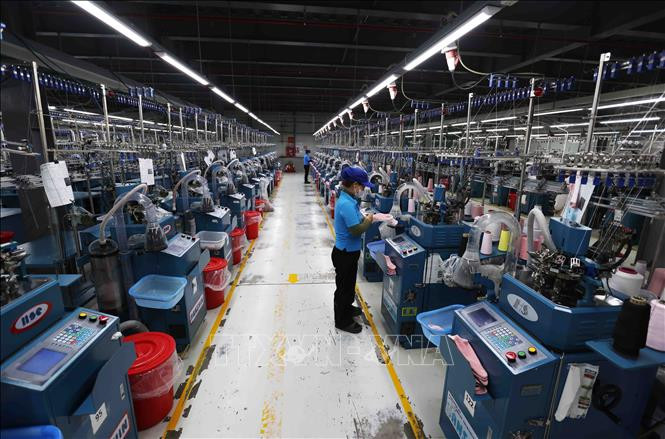
Many policies are being focused on by ministries and sectors to promote attracting this source of investment capital in the new era.
Attractive investment destination
According to data from the General Statistics Office, in the first two months of 2025, the total registered foreign investment capital (FDI) in Vietnam reached nearly 6.9 billion USD, up 35.5% over the same period last year. The realized capital of foreign investment projects is estimated at about 2.95 billion USD, up 5.4% over the same period.
These data show that foreign investors’ confidence in Vietnam’s business environment remains strong. At the Conference on Investment Funds and Foreign Investment in Vietnam’s New Development Era, organized by the Ministry of Finance in Ho Chi Minh City on March 28, many foreign associations and enterprises also expressed this message.
According to Mr. Jeong Jihoon, Vice President of the Korean Chamber of Commerce in Vietnam (KOCHAM), in the context of slowing investment flows into many countries around the world, Vietnam still maintains an impressive level of FDI attraction.
Korean enterprises consider Vietnam an attractive investment destination with many development advantages, because Vietnam is actively implementing large-scale infrastructure projects such as high-speed railways, urban railways, nuclear power plants and gas-fired power plants.
In addition, the Vietnamese Government promotes policies to support investment in research and development (R&D); at the same time, it strongly encourages the information technology and high technology industries.
In particular, thanks to its favorable geographical advantages, Vietnam has a developed logistics and transportation system; at the same time, it maintains diplomatic stability, helping to reduce barriers in import and export activities.
"With these advantages, businesses around the world, especially many Korean businesses, highly appreciate the potential for FDI investment in Vietnam and consider this one of the top priorities when considering expanding investment abroad," said Mr. Jeong Jihoon.
Mr. Yee Chung Seck, Vice President of the Singapore Business Association in Ho Chi Minh City, also said that Vietnam is a rising star in the global economy and its growth trajectory continues to attract the attention of investors around the world.
According to Mr. Yee Chung Seck, Vietnam has been proactive in attracting FDI. Efforts to simplify administrative procedures, reduce tariffs and provide tax incentives have made it easier for foreign businesses to establish and operate in Vietnam.
In particular, Vietnam’s participation in various free trade agreements (FTAs), such as the Comprehensive and Progressive Agreement for Trans-Pacific Partnership (CPTPP), the Vietnam-EU Free Trade Agreement (EVFTA), etc., puts it in a favorable position in the global trade network. These agreements enhance market access and facilitate FDI.
From a business perspective, Mr. Marc Woo, General Director of Google Vietnam, also said that Vietnam is an important partner of Google, with many investments in supporting start-ups and developing artificial intelligence (AI). Google's recent opening of an office in Ho Chi Minh City also demonstrates the group's long-term commitment to the Vietnamese market.
Removing bottlenecks in attracting FDI
Despite many positive results, foreign investment attraction activities still face some obstacles and difficulties. In reality, FDI enterprises still face many difficulties due to administrative procedures that are not really smooth, and the implementation of tax policies is inconsistent and unpredictable.
Vietnam has a great advantage in terms of a young and dynamic workforce, but there are still skills gaps that need to be addressed to meet the needs of businesses. Many FDI enterprises believe that to attract and retain investors, Vietnam needs high-quality human resources and a modern, synchronous infrastructure system.
According to Mr. Nitin Kapoor, Vice President of the Vietnam Business Forum (VBF) Alliance, attracting sustainable and high-quality foreign investment is the key to Vietnam's long-term development.
To boost investor confidence, Nitin Kapoor said it is important for policies to be consistent, clear and highly predictable. This is especially necessary for sectors that require long-term investment such as high-tech, renewable energy and infrastructure.
VBF representative said that investors are more interested in green, clean and high-tech projects. "For Vietnam to attract quality capital flows, we need to promote digital transformation, develop renewable energy and expand green supply chains. At the same time, policies to encourage businesses to comply with ESG standards will help Vietnam become an attractive destination for advanced industries and the global green economy," said Mr. Nitin Kapoor.
KOCHAM representative proposed that Vietnam soon complete the administrative procedure system through digitalization and upgrading the management system, in order to enhance coordination between functional agencies. This will help FDI enterprises access the market more quickly and conveniently, thereby promoting stronger investment capital flows into Vietnam.
Mr. Do Van Su, Deputy Director of the Foreign Investment Agency (Ministry of Finance), said that Vietnam has shifted from passively attracting investment to proactively approaching large corporations and participating deeply in the global supply chain. The upcoming orientation is to selectively attract high-quality FDI, prioritizing high technology and environmental friendliness.
According to the Foreign Investment Agency, in addition to issuing new mechanisms and policies to create incentives to attract investors to key sectors, Vietnam is synchronously implementing solutions from developing land funds and industrial park infrastructure systems, developing human resources and labor markets, developing energy infrastructure as well as supporting industries.
To attract FDI in the new period, Minister of Finance Nguyen Van Thang also said that the Ministry will continue to work with ministries, branches and localities to remove obstacles in the process of attracting FDI capital through continuing to improve the business environment, cutting costs and administrative procedures. At the same time, promoting public-private cooperation with corporations and investment funds with sustainable capital sources, effective operations, management experience and good business models to participate in investing in strategic infrastructure projects, artificial intelligence, semiconductors, science and technology development, innovation, digital transformation, renewable energy, etc.
The Ministry of Finance will also issue a policy to selectively attract investment, prioritizing projects with spillover effects, listening to recommendations from businesses to handle difficulties. Create a connection between the FDI sector and the domestic economic sector, enhance the competitiveness of Vietnamese enterprises to effectively participate in the global value chain.
"The Ministry of Finance will maintain policy dialogue to promptly detect difficulties and obstacles and proactively propose solutions, creating all favorable conditions for investors to invest in Vietnam," said Minister Nguyen Van Thang.
At the same time, the head of the Ministry of Finance also recommended that investment funds and the business community build long-term, sustainable, and environmentally friendly business strategies in Vietnam; proactively innovate production and business models. He also called on businesses to implement good corporate culture, policies and regimes for employees and promptly recommend and propose appropriate policies...
Source





![[Photo] Looking back at the impressive moments of the Vietnamese rescue team in Myanmar](https://vstatic.vietnam.vn/vietnam/resource/IMAGE/2025/4/11/5623ca902a934e19b604c718265249d0)
![[Photo] "Beauties" participate in the parade rehearsal at Bien Hoa airport](https://vstatic.vietnam.vn/vietnam/resource/IMAGE/2025/4/11/155502af3384431e918de0e2e585d13a)

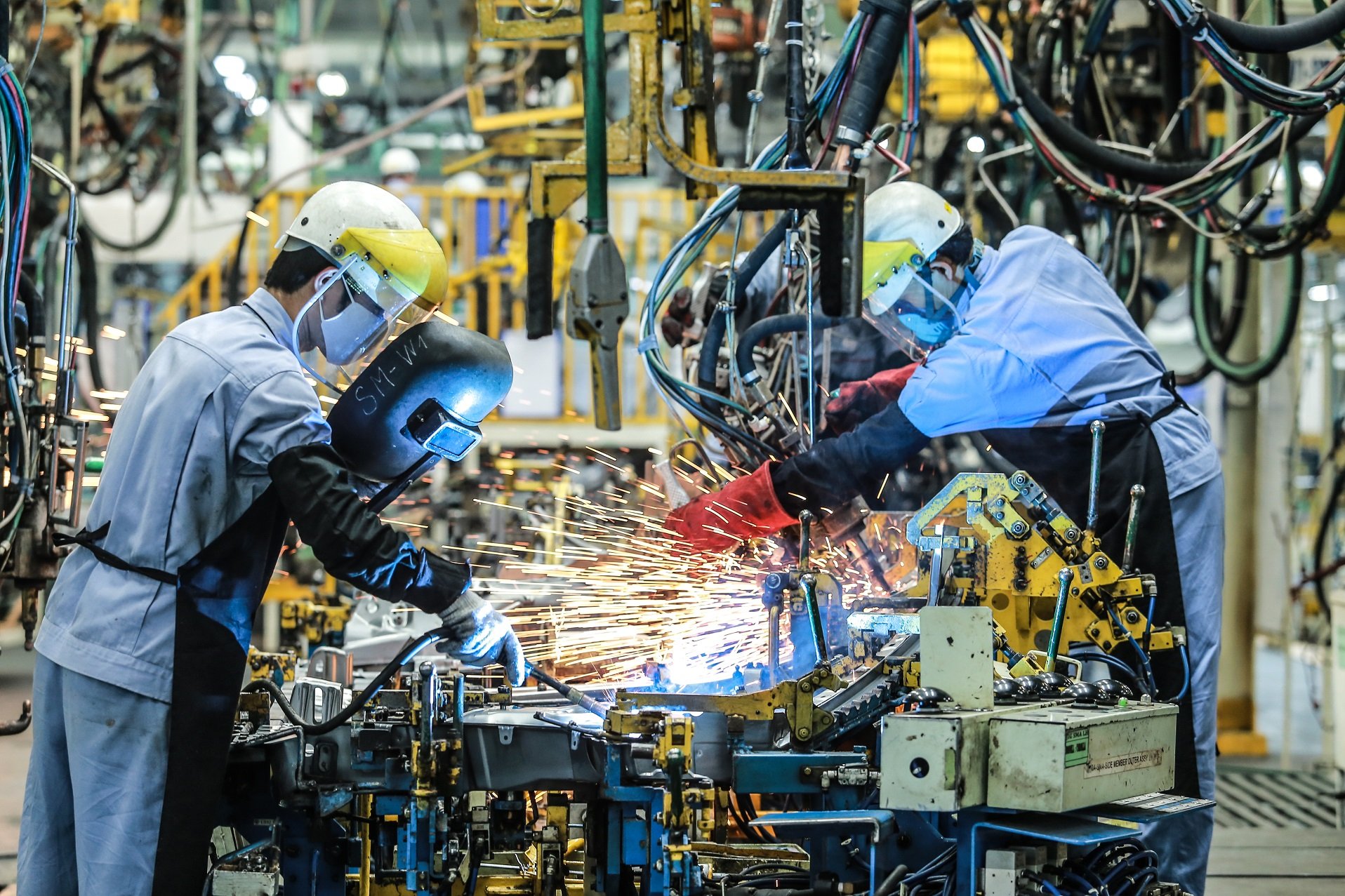

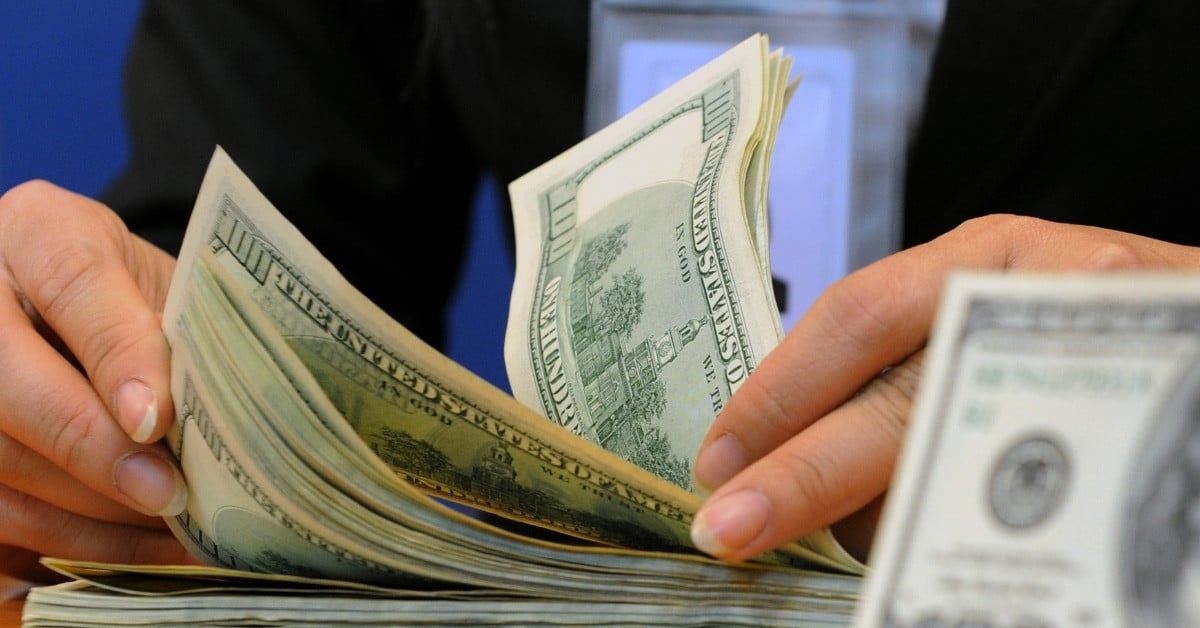

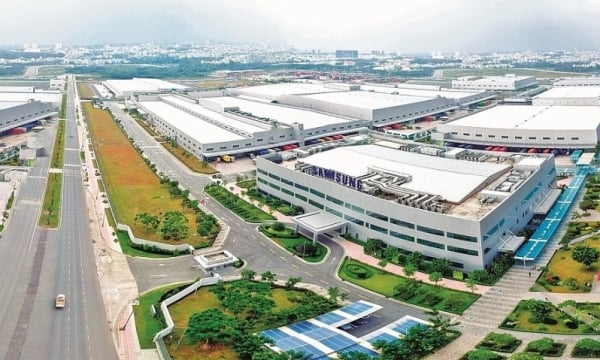
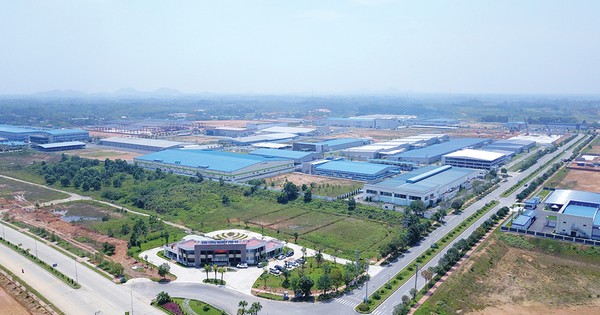

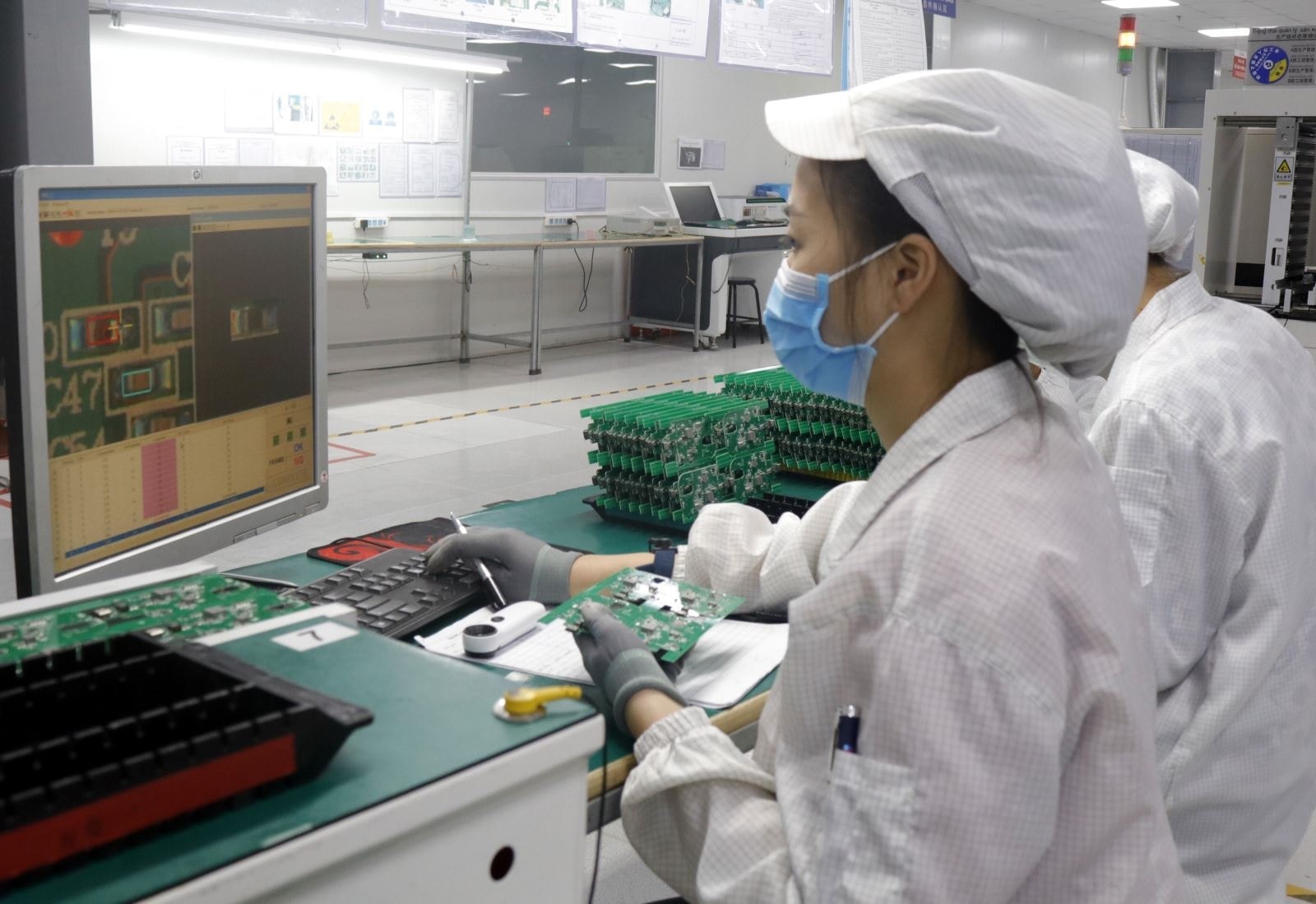
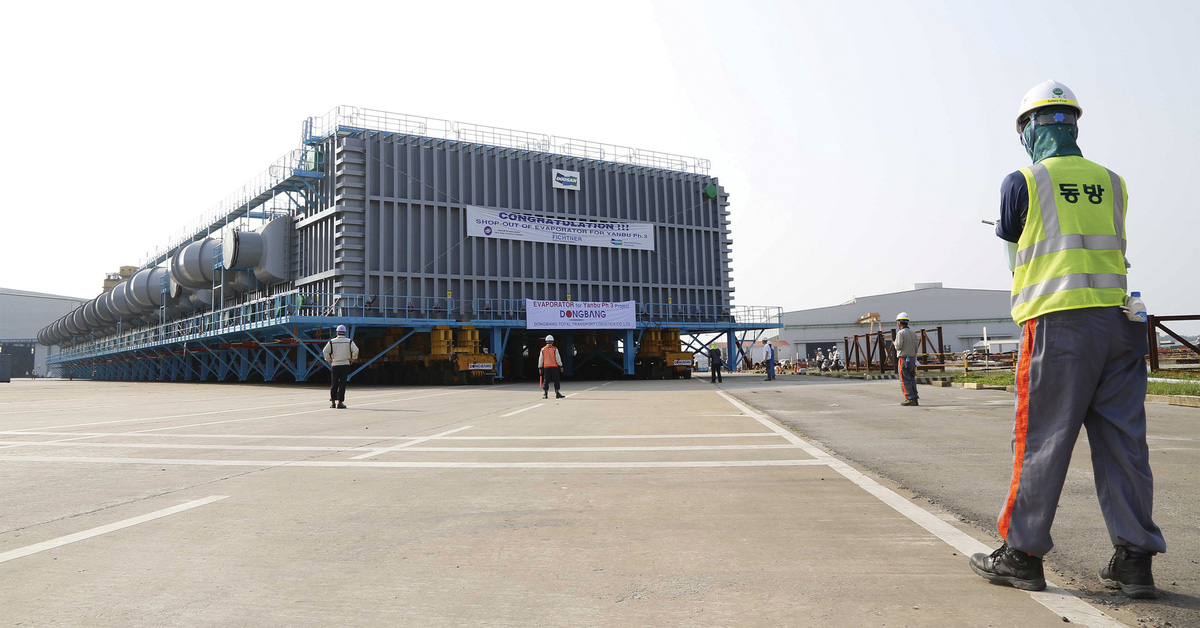


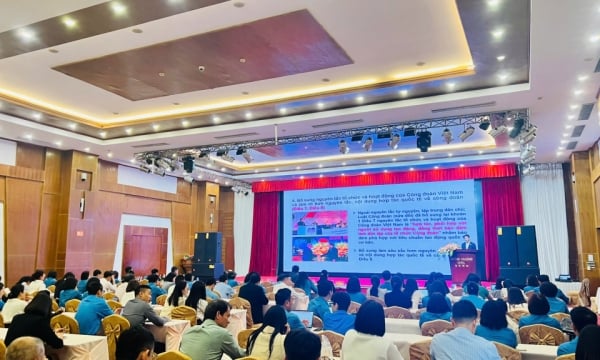


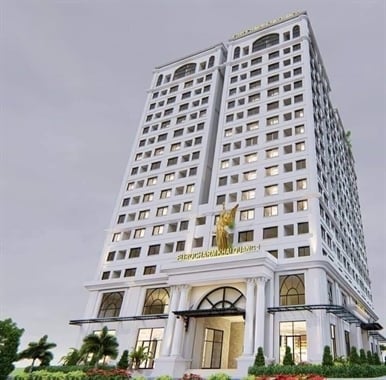
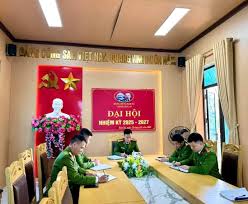


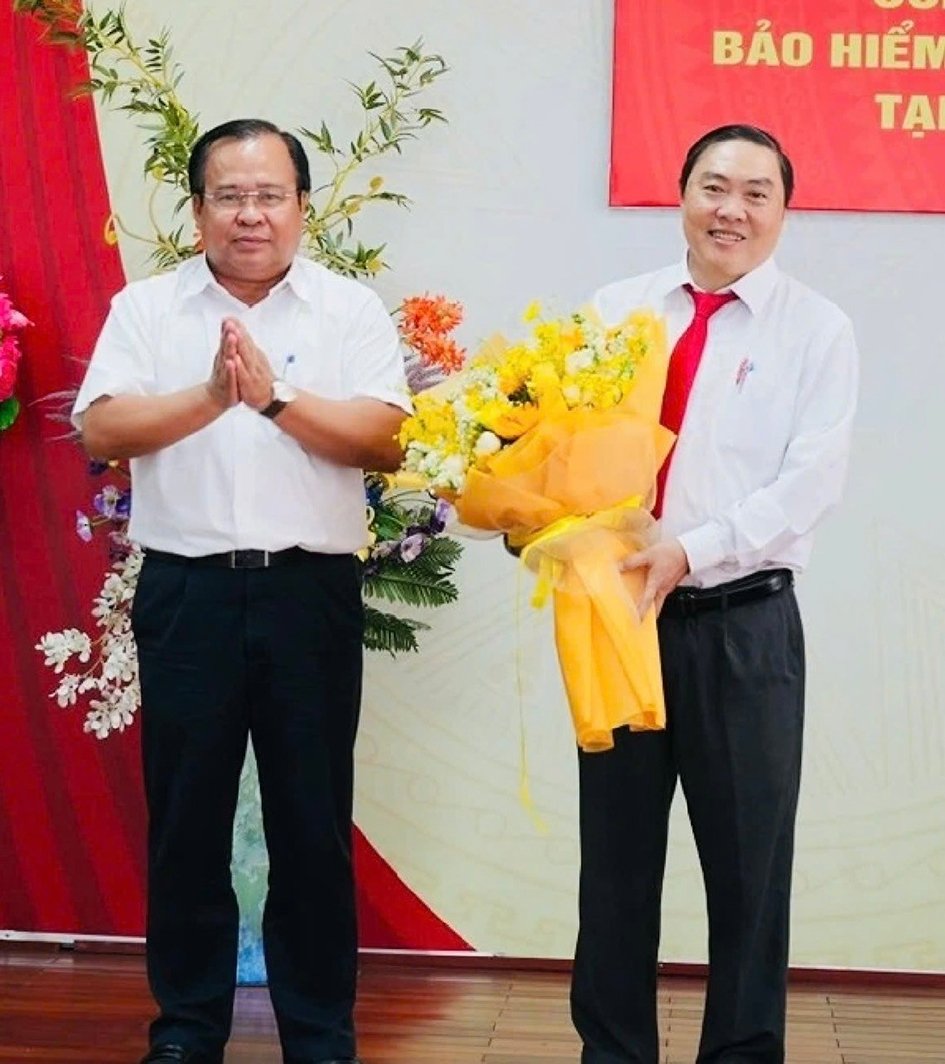
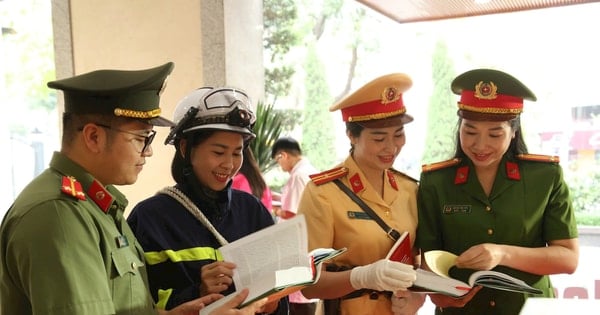
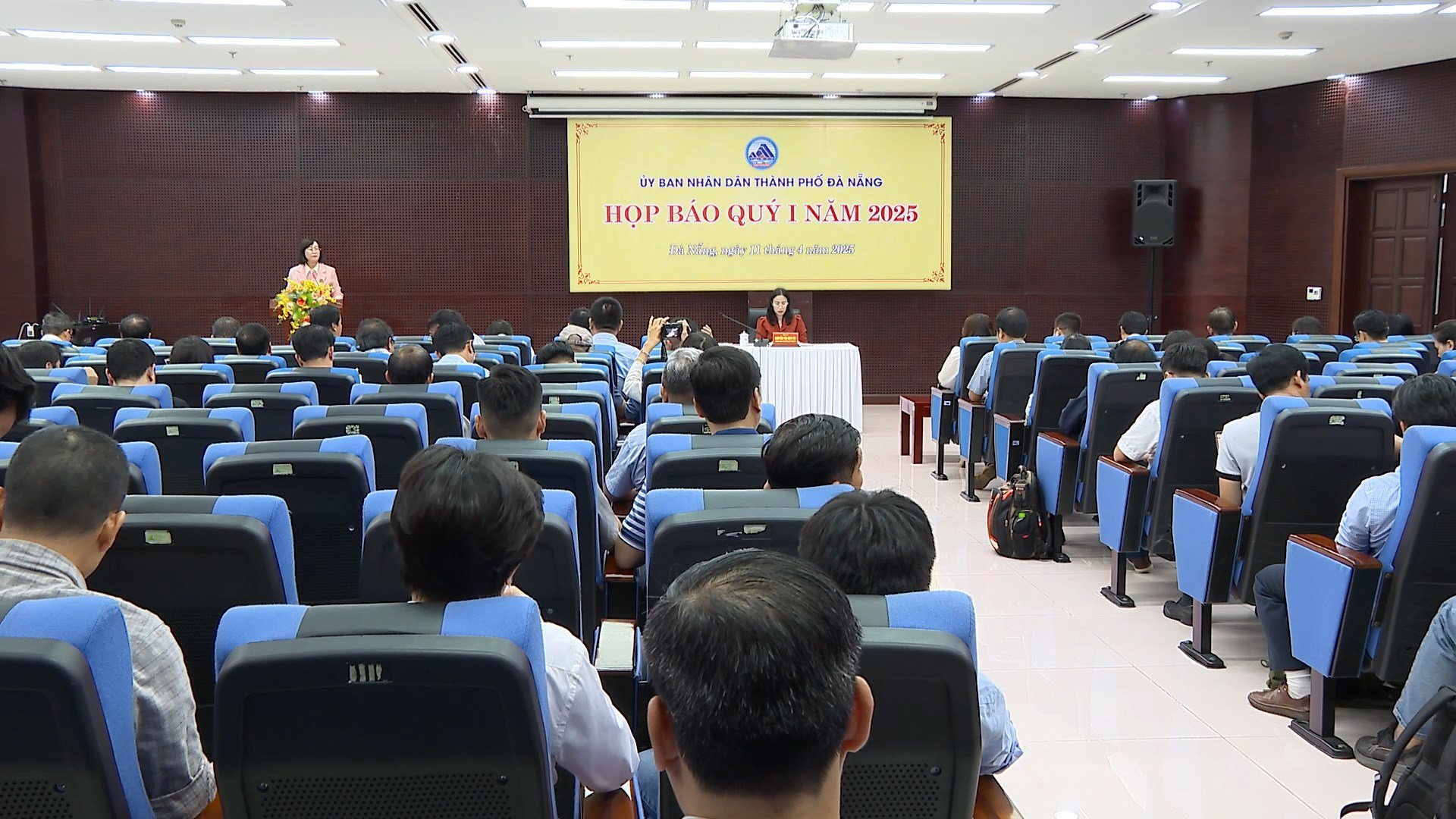
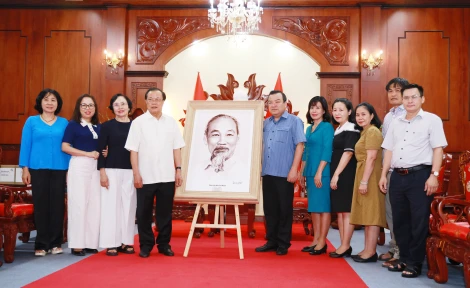
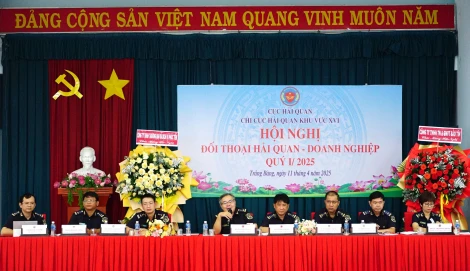
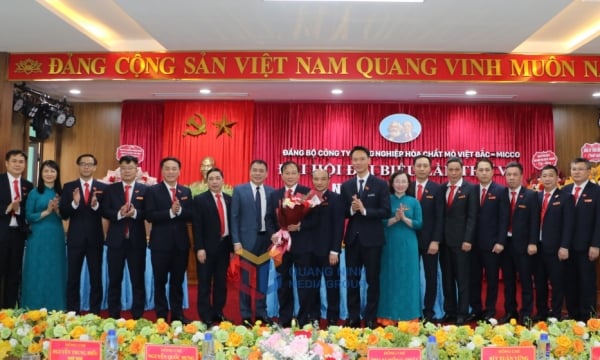
![[Photo] Summary of parade practice in preparation for the April 30th celebration](https://vstatic.vietnam.vn/vietnam/resource/IMAGE/2025/4/11/78cfee0f2cc045b387ff1a4362b5950f)










































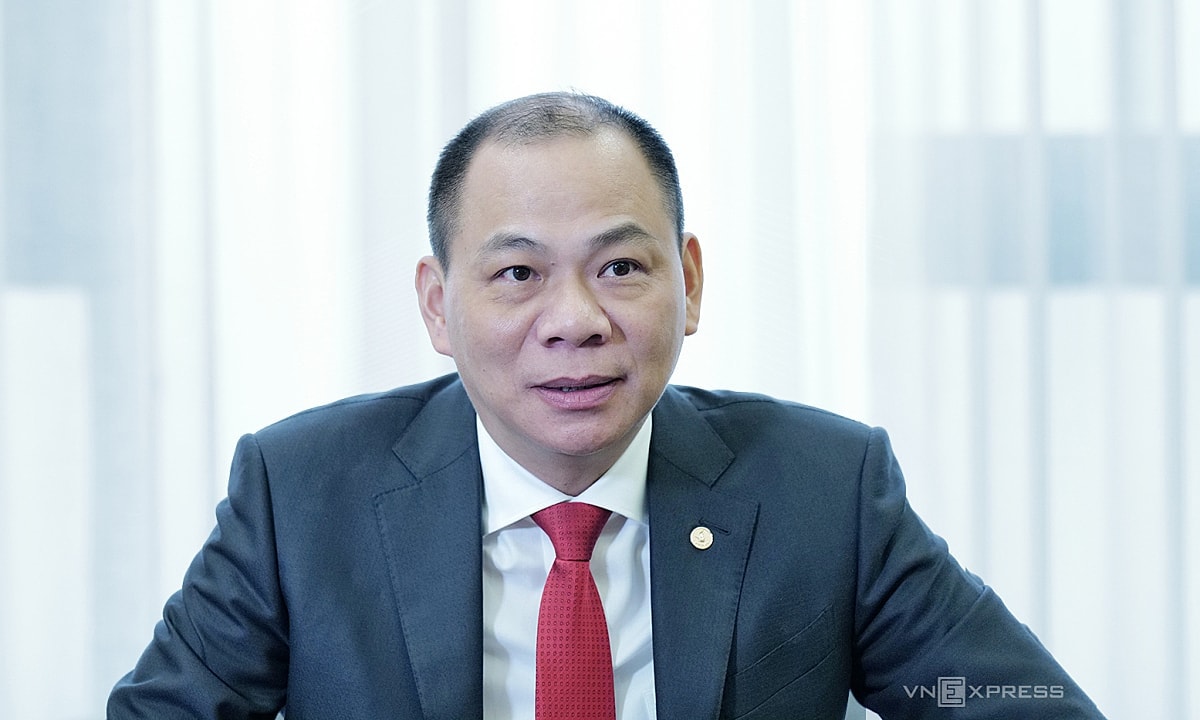

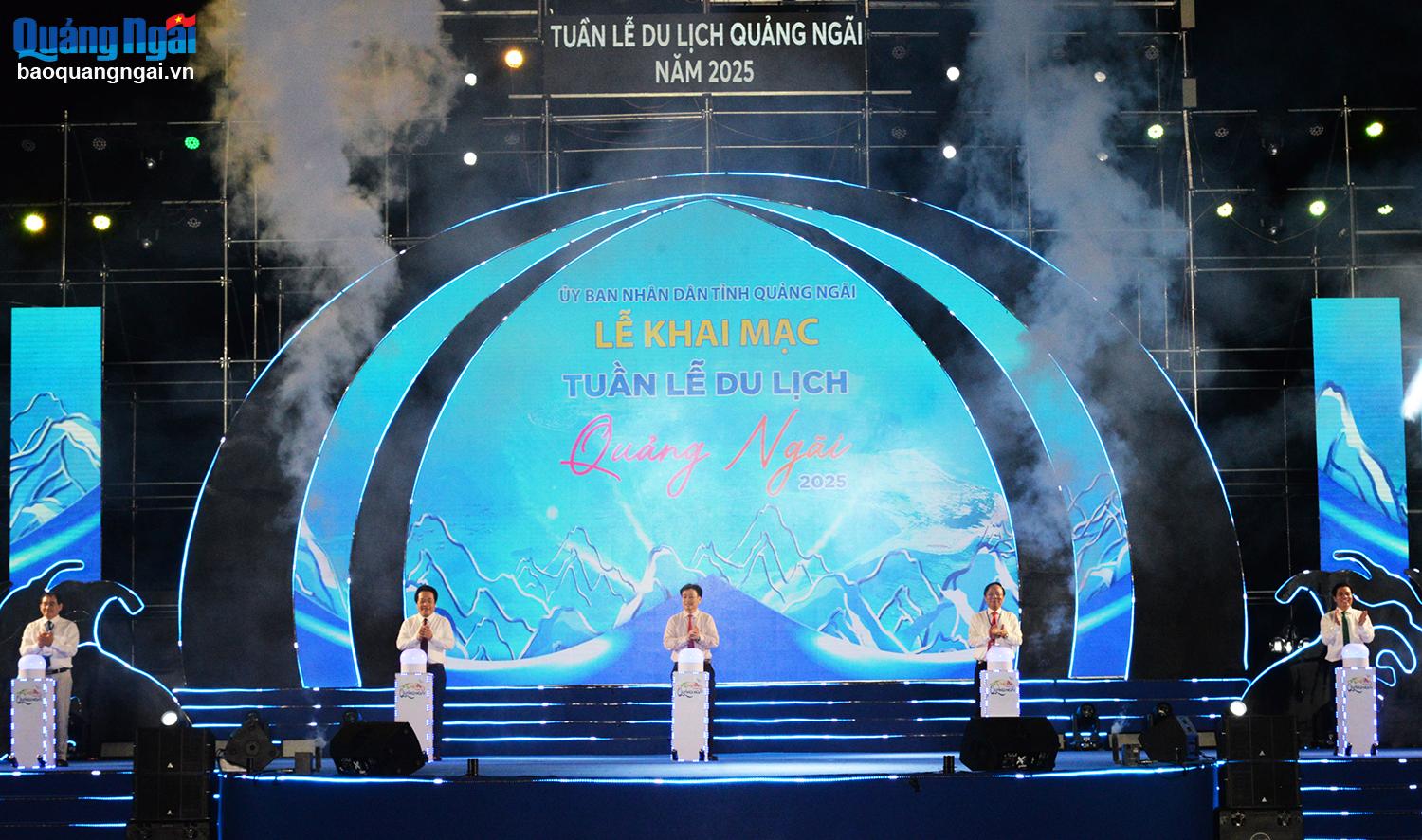













Comment (0)